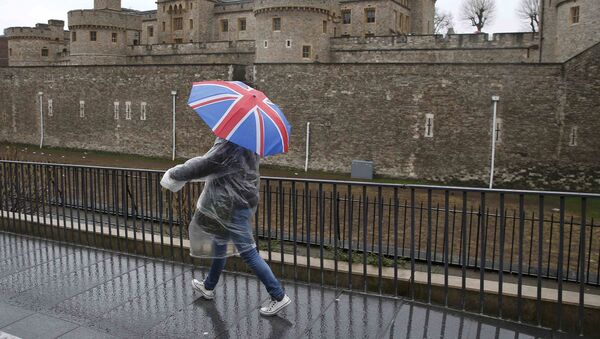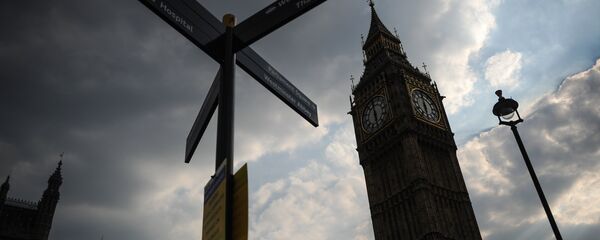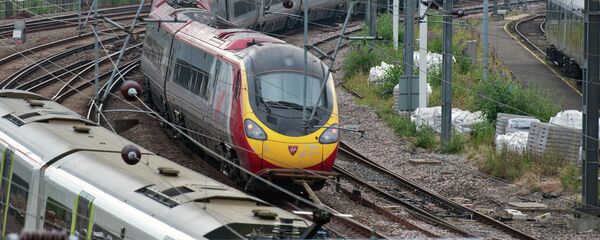Sputnik spoke on the matter with Cat Hobbs, the director and co-founder of the We Own It Group.
Sputnik: Can you tell us a little more about this report… what does this report contain and represent?
Cat: This report is about what public ownership looks like in the 21st century. What we've seen over the past 30 to 40 years is that privatization has completely failed. We've seen costs go up; people's bills have gone up, whether that's public transport fares, water bills, energy bills. We've seen lots of scandals with private companies failing to deliver what we're trying to do is say ‘what would it look like if we ran our public services to people rather than to profit?’
Sputnik: Now for the majority in Britain, the story of privatization is a story of nearly forty years of failure. To what extent is this true and why is bringing things like utilities and rail back into the public ownership a better system?
READ MORE: Professor: UK Has History of Providing Unfair State Aid to Foreign Companies
Their priority is to make a profit for their shareholders, rather than investing in good public services and the kind of future that we want to see. We have a privatized national grid, and they are failing to connect up renewable energy projects across the country because that's not their priority. If we brought bought the grid into public ownership, then we could make sure that we're connecting up the new green, decentralized energy that we need to see in the future.
Sputnik: Looking to the future and going forward; what are the next steps for campaigners who are looking to move away from the system of privatization we have now to a one of public ownership?
Then what we want to see is that we have publication that really put citizens and communities at the heart of it. When you've got a public company, we want to see that being held accountable, not just to government but also to the people who use public services, the workers and the trade unions and also civil society, social environmental groups.
Sputnik: So what does this mean for Scotland? As we know, the distribution of public services in Scotland differs to that of England; how would this plan from your group fit into Scotland?
READ MORE: 'Russian Angle is a Way to Distract Public from Failures of UK Gov't' — Scholar
They are also making sure that those services are affordable for people. Scottish water is a great example of public ownership that's already happening and another example is Lothian Buses, which is publicly owned, providing the buses for people in Edinburgh and doing a fantastic job and winning awards. We've got these kinds of examples that we can build on in Scotland and hopefully what we can see is with more deletion, more powers for local authorities. We can make sure that we will really build on those examples for the future.
The views expressed in this article are solely those of Cat Hobbs and do not necessarily reflect the official position of Sputnik.




